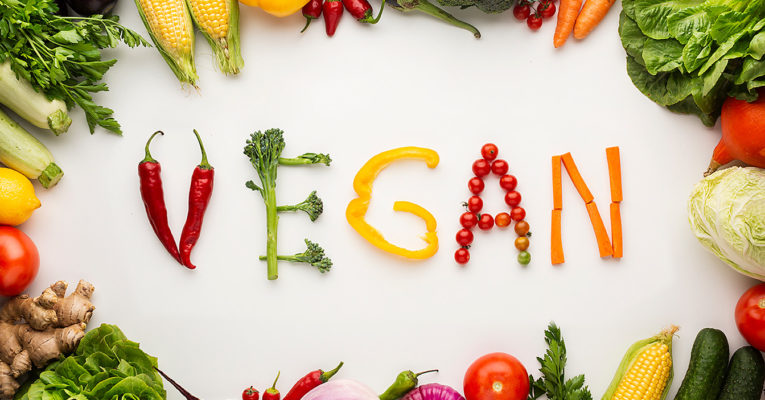Veganism is a dietary and lifestyle choice that is becoming increasingly popular, with more and more people opting for a plant-based diet for ethical, environmental, and health reasons. While there are many benefits to a vegan lifestyle, the question remains: is veganism good for you?
The answer to this question is not straightforward, as there are many factors to consider. However, research suggests that a well-planned vegan diet can be nutritionally adequate and provide numerous health benefits.
Firstly, a vegan diet can help reduce the risk of chronic diseases such as heart disease, type 2 diabetes, and some cancers. Plant-based diets are typically high in fibre, antioxidants, and other nutrients that are beneficial for overall health. Additionally, vegans tend to have lower body mass index (BMI) and cholesterol levels than meat-eaters, which further reduces the risk of chronic diseases.
However, there are some nutritional concerns with a vegan diet. For example, vegans may be at risk of nutrient deficiencies such as vitamin B12, iron, calcium, and omega-3 fatty acids. These nutrients are mostly found in animal products, so vegans must ensure they are getting enough of these nutrients from plant-based sources or through supplements.
A well-planned vegan diet should include a variety of nutrient-dense foods such as fruits, vegetables, whole grains, legumes, nuts, and seeds. Vegans should also pay attention to their protein intake, as plant-based proteins may not provide all the essential amino acids that the body needs. However, by combining different plant-based protein sources such as grains and legumes, vegans can easily obtain all essential amino acids.
Another potential concern with veganism is the availability and cost of vegan food options. In some areas, it may be more challenging to find affordable plant-based options, and some vegan foods may be highly processed and less healthy. However, with increasing demand, vegan options are becoming more widely available and affordable.
In conclusion, a well-planned vegan diet can be nutritionally adequate and provide numerous health benefits, including a reduced risk of chronic diseases. However, vegans must pay close attention to their nutrient intake and ensure they are getting enough essential nutrients from plant-based sources or supplements. As with any diet, a balanced approach is key, and vegans should strive to consume a variety of whole, nutrient-dense foods.

